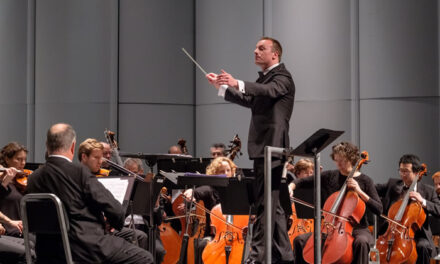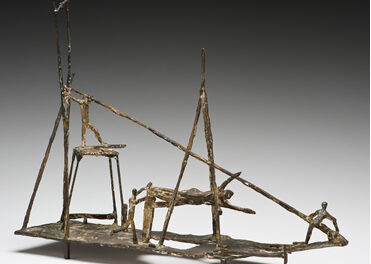The Winston-Salem Symphony and the Winston-Salem Symphony Chorus, under the direction of Christopher Gilliam, put on a stellar performance of Handel’s Messiah at Centenary United Methodist Church. The performance featured soprano Shawnette Sulker, mezzo soprano Sarah Coit, tenor Karim Sulayman, and bass Kevin Burdette as soloists. This was my first time hearing Messiah live in its entirety, and I was not let down.
Throughout the Baroque period, there was an abundance of composers who wrote a profusion of compositions that all tend to blend together in our minds. Yet, almost 300 years later, Messiah remains a standard in the choral/orchestral repertoire, performed around the world every year during the holiday season. With that comes the possibility of every performance sounding disappointingly similar, but the WSS avoided that by showcasing their ability to pay close attention to detail. Each fugue, air, recitative, and melisma was carefully placed by Handel, and the WSS’s execution of each not only showed an appreciation of Handel’s musical composition, but also an intimate reading of the biblical texts, providing a strong base for their interpretation.
I felt this intimacy throughout the entirety of the performance. Being able to put on a two-hour Handel oratorio is quite a feat in itself, but to be able to consistently deliver emotionally is an entirely different battle – a battle the WSS seemed to win. In a church sanctuary with a smaller, more historically accurate orchestra and chorus sitting right in front of me, I could see the emotion on each of their faces and how they moved with the music. That is something that is lost when hearing a symphony orchestra in a large concert hall with twice the number of players. I was easily drawn into the performances of Sulker, Coit, Sulayman, and Burdette, and it was clear how passionate they were about the music they were performing and the “characters” they portrayed. Gilliam even got in on the fun, dancing and bouncing around with Handel’s syncopations. It was all a joy to experience.
During the Pastoral Symphony or “Pifa,” I found myself looking up at the candles that lit the sanctuary, with its high ceiling, stained glass windows, and arches rising toward the heavens. This part of the work, for me, allowed for a time of quiet reflection on what I had heard and preparation for what was to come. When the sopranos sang, “Behold the Lamb of God,” I could hear their voices hitting the top of the room. When the chorus of angels sang, “Glory to God,” the trumpet calls resounded with the trumpeters playing from the balconies on either side of me. Every time a movement ended, the music did not stop – it continued to ring through the walls of the sanctuary. I was quite literally surrounded by the message Handel wanted to portray; it was a spiritual experience. I congratulate the WSS, the WSS Chorus, Gilliam, Sulker, Coit, Sulayman, Burdette, and Centenary UMC on their performance, and I am grateful for the experience they gave me. I look forward to next year’s rendition of this timeless masterpiece.












